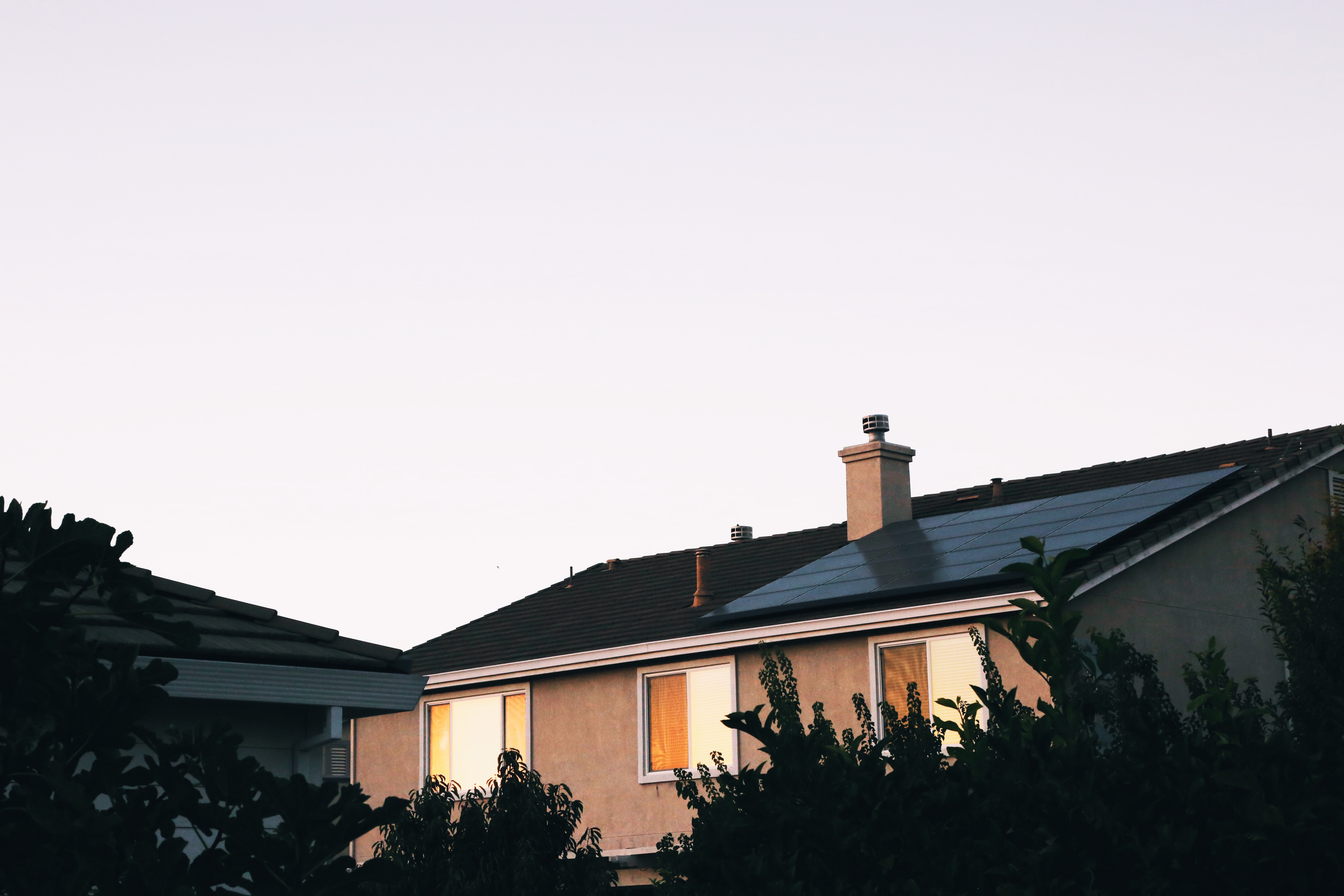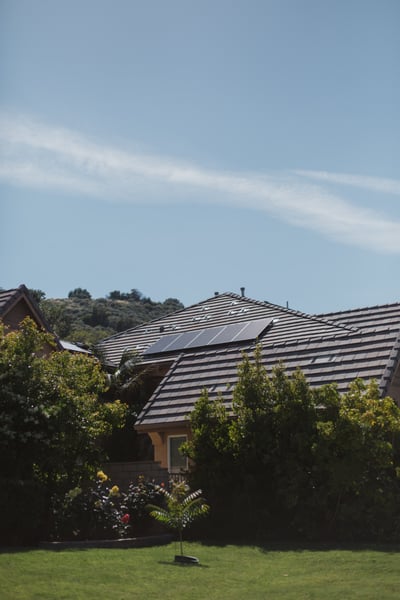
04 September 2023
With the inconsistency of the supply of electricity from the national grid, more and more homeowners are opting for solar power - but who owns the electricity? In South Africa, the landlord is generally considered the owner of any solar panels installed in a rental property, regardless if the tenant was the one that installed the solar panels. This is due to the fact that the landlord has a beneficial right to any installations or improvements on a property as per the Rental Housing Act.
At Rawson Rentals, we understand the importance of integrating these solutions into rental properties and aim to guide both landlords and tenants through the process.
However, should the lease agreement specifically specify that the tenant is the owner of the solar panels, then the tenant will be entitled to full use of the electricity without any interference from the landlord. A landlord could face serious legal issues should they interrupt the usage of power from the solar panels.
As a lease agreement includes that a tenant is responsible for the payment of utilities with the monthly rental, the tenant is generally entitled to the use of the solar panels should these be owned by the landlord, however, this use may be limited under the lease agreement. The landlord may specify that only certain appliances may be used while using the solar panels and there may be a fee imposed for this use.
monthly rental, the tenant is generally entitled to the use of the solar panels should these be owned by the landlord, however, this use may be limited under the lease agreement. The landlord may specify that only certain appliances may be used while using the solar panels and there may be a fee imposed for this use.
It is important to remember that a landlord may never cut off the use of utilities for non-payment of rental. Utilities are seen as a basic human right and a direct impact on the tenants health and safety. It should never be used as a way to force tenants to pay rent.
Ensure that, should your rental property have solar panels, that you carefully draft the agreement of the utility use into your lease to ensure that no conflict arises during the tenancy and that all parties understand and agree to the terms.
By proactively incorporating alternative energy sources and clearly defining their use within lease agreements, landlords and tenants can foster a harmonious relationship while contributing to a more sustainable future.
At Rawson Rentals, we are committed to assisting landlords and tenants in navigating the complexities of integrating alternative energy solutions into rental agreements. Our expertise ensures that all legal considerations are addressed, and both parties can benefit from sustainable and efficient energy solutions.